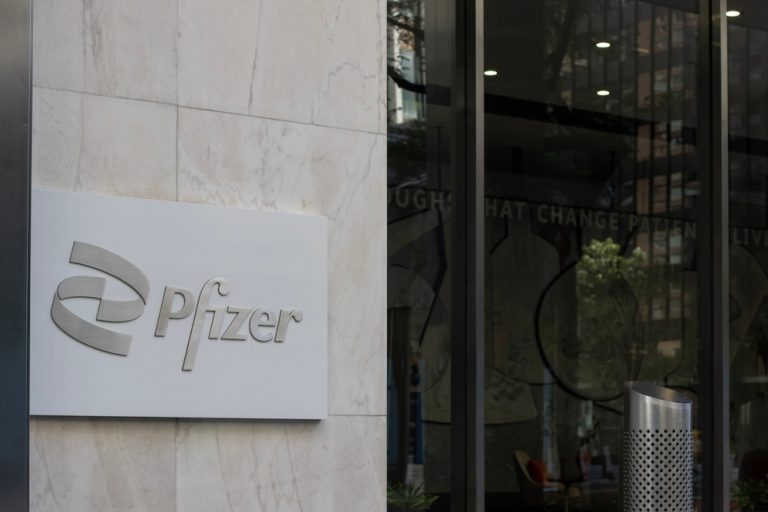Recently, Boeing has urgently called for inspections of its 737 Max aircraft, focusing on the rudder control systems. This announcement follows the discovery of a potential safety hazard involving a loose bolt, as the Federal Aviation Administration (FAA) reported. An international operator initially identified a bolt with a missing nut in the rudder control system, a critical component for controlling the aircraft during flight.
“The issue identified on the particular airplane has been remedied,” Boeing stated, emphasizing the immediate action taken to resolve the initial concern. However, the company is not taking any chances. “Out of an abundance of caution, we are recommending operators inspect their 737 Max airplanes and inform us of any findings. We informed the FAA and our customers and will continue to keep them aware of the progress,” Boeing added, highlighting their proactive approach to safety.
The FAA has acknowledged the situation, confirming they are “closely monitoring targeted inspections of Boeing 737 Max airplanes to look for a possible loose bolt in the rudder control system”. These inspections are advised to be conducted promptly, ideally within the next two weeks, and are expected to take approximately two hours each.
Boeing reassured that any issues related to a faulty rudder would likely be caught during pre-flight checks, as crew members routinely examine the rudder system before flying. However, the call for inspections underscores the importance of thoroughness in ensuring aircraft safety.
Air safety expert Anthony Brickhouse from Embry-Riddle Aeronautical University commented on the situation. “Airlines need to take it seriously,” he said, recognizing the significance of the recommended checks. However, he also reassured passengers, stating, “But as a member of the flying public, I don’t see this as an issue to be concerned about,” in his conversation with Reuters news agency.
The announcement has had a noticeable impact on Boeing’s market performance, with its shares dropping by 1% in midday trade. This news comes as the Boeing 737 Max recently returned to service after a 20-month grounding following two catastrophic accidents in Ethiopia and Indonesia, which claimed the lives of 346 people.
Boeing’s proactive stance in addressing the potential safety issue with the 737 Max’s rudder control system reflects its commitment to maintaining the highest safety standards. While the inspections are a precautionary measure, they are essential for ensuring Boeing’s aircraft’s continued safety and reliability, especially in the wake of past tragedies. As the aviation industry and its passengers continue to trust Boeing, these steps are crucial in upholding that confidence.























+ There are no comments
Add yours